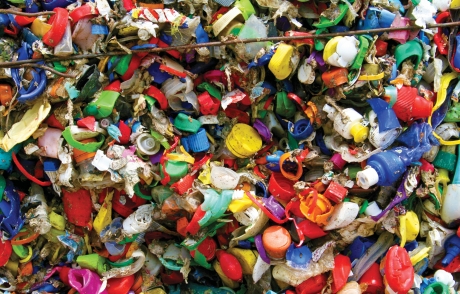Municipal solid waste management
In regions with a strong public awareness for the need to separate different types of waste (Europe, USA, Hong Kong, …), municipal waste is collected and sorted in dedicated plants into different fractions.
The Organic Fraction of Municipal Solid Waste (OFMSW), is often problematic. OFMSW is present in large volumes and not suitable for incineration nor landfilling. It is often heavily polluted by non-organic substances.
Due to the significant presence of garden waste (wood, soil, sand) and impurities, the organic content is limited to approximately 47% to 55% (on DS), versus 85 to 90% (on DS) for kitchen and restaurant waste. As a result, after a ‘natural’ anaerobic biodegradation, the remaining material (and anaerobic biomass) in the anaerobic digester is quite dry compared to wet AD systems: 25% DS up to 35% DS and behaves like a semi-dry pasta.

